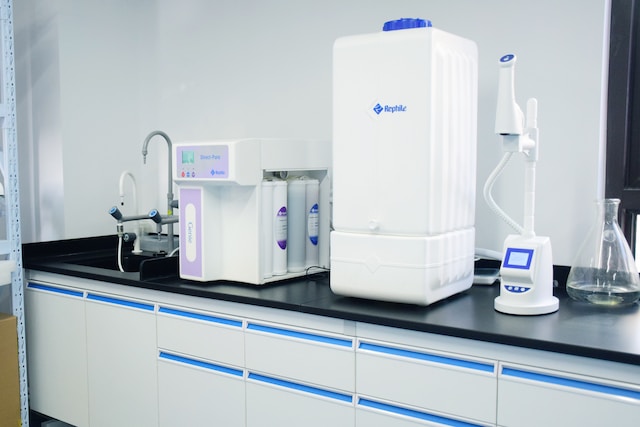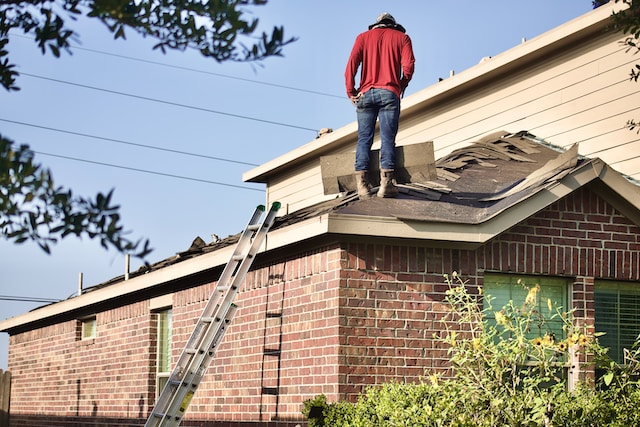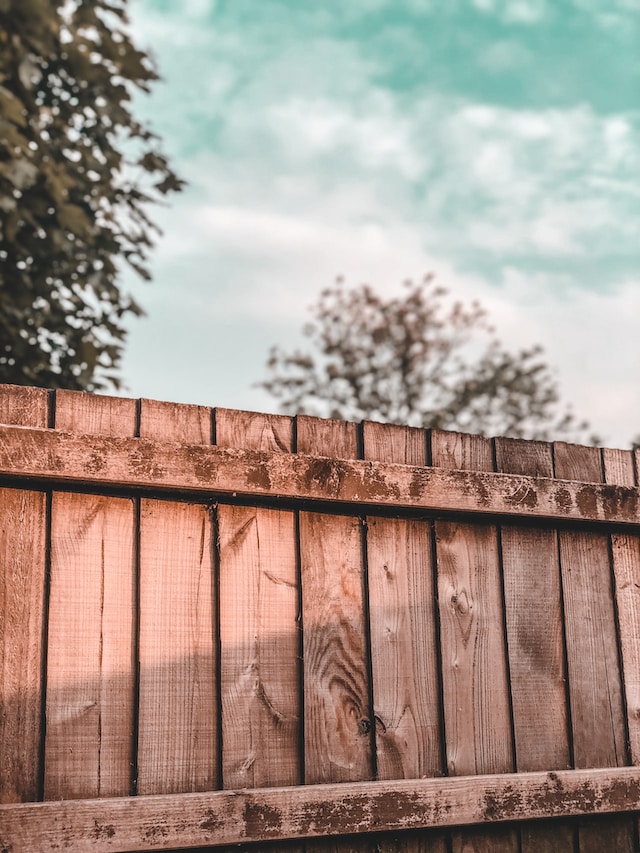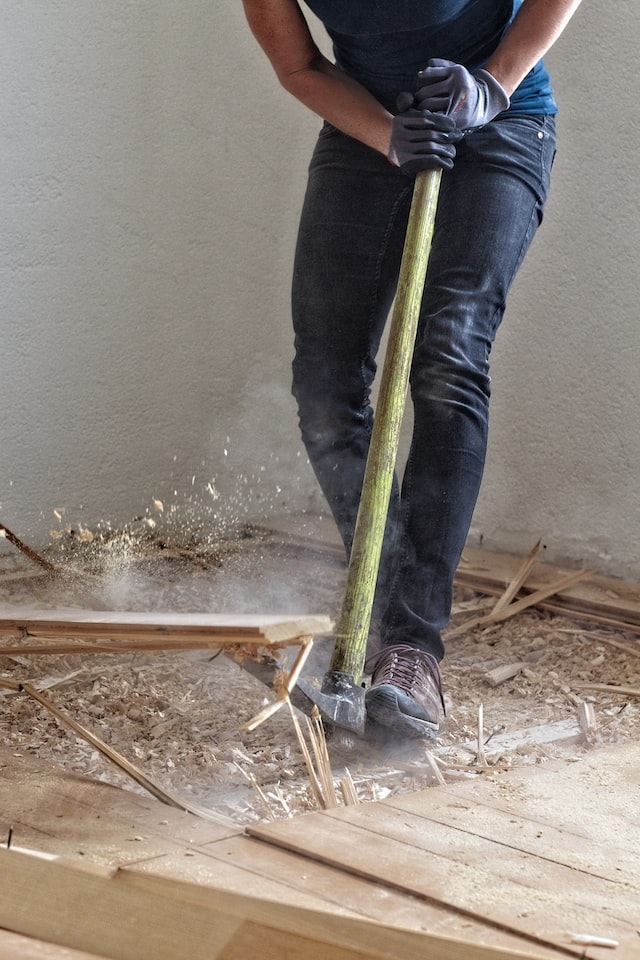How Well Water Softeners Reduce the Problems Of Hard Water
Water softeners reduce challenging water problems by removing the minerals that cause pain. It makes your water safer for drinking and laundry.
Typical water softeners use ion exchange to remove hardness ions, like calcium and magnesium. Specialized resin beads, covered in sodium ions, collect the calcium and magnesium ions as they pass through the softener tank.
Dishwasher
Dishwashers, washing machines, and other water-running appliances need water to run smoothly. As a result, they can’t function properly without water and may not last as long.
The high minerals in hard water can build up on the insides of your dishwasher and cause rust. Rust is a serious problem and can lead to expensive repairs or replacement of parts like the heating element or water pump.
To prevent these problems, water softeners Tampa installed in the house help to keep the hard water at bay. This water softener lowers your water’s calcium and magnesium levels and converts it to soft water that is perfect for your dishwasher.
Besides helping to prevent stains from hard water, a water softener also reduces the energy consumption of your dishwasher. In addition, a water softener can lower your detergent usage by more than 50% after it’s been softened.
Laundry
The mineral content of your water is a significant factor in many laundry problems.
These minerals interfere with the soap lather that detergents need to remove dirt. Instead, they bind to the detergent molecules and form soap scum — the sticky residue that can clog washing machines and drains, leaving your clothes with spots or stains.
This problem is even more common in high-quality, delicate fabrics such as silk or cashmere. The dissolved calcium and magnesium in your water will bind to these materials, leaving them stiff or covered with a layer of residue that dulls their color.
If you’re concerned about these issues, there are several options for dealing with them. These include additives, unique detergent formulations, and water-softening systems.
Bathtub
After a difficult day, a long, indulgent bath in the tub may be an excellent way to relax. But, if you’re dealing with soap scum, mildew, or stubborn stains caused by hard water, it can turn bath time into a chore instead of an indulgence.
That’s where a water softener comes in handy. These systems transform hard water into soft water, removing the calcium and magnesium minerals that cause your bathtub to look spotty.
It works by an ion exchange process, similar to how magnets work. When calcium and magnesium ions pass through the softener’s resin beads, they switch places with sodium ions (positively charged) that don’t cause problems.
This ion exchange results in water that are less likely to leave mineral deposits on your bathroom fixtures, dishes, and shower doors. It also improves the quality of your skin and hair, which are often affected by hard water. And it saves you money by reducing the frequency of appliance repair calls.
Toilet
Water softeners reduce the problems from hard water by removing scale build-up, reducing the need for frequent cleaning, and helping appliances last longer. It also helps minimize the chance of drain clogs and rust stains.
It is not cheap, but it is worth the money to prevent rust and hard water stains from damaging your plumbing.
The American Water Works Association says that a hard water scale can shorten the lifespan of toilet flushing units, faucets, and other household appliances by up to 70%.
Using a water softener eliminates challenging water problems and saves time and energy. In addition, it makes life easier and reduces the need to regularly re-wash dishes, laundry, and bathroom surfaces.
Mixing vinegar and baking soda can remove hard water stains from your toilet. The vinegar will aid in dissolving the stains and stop new ones from appearing.









